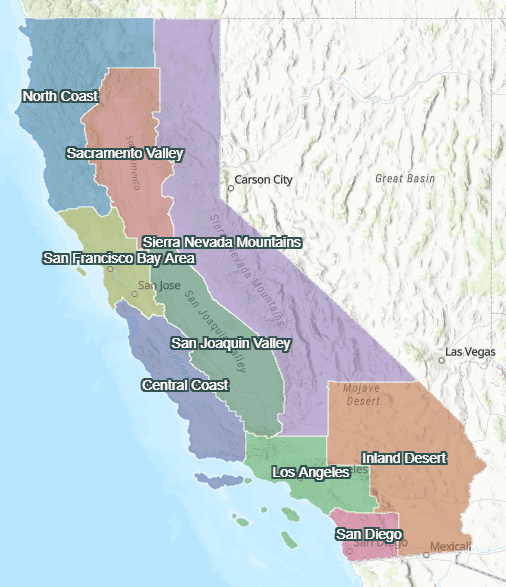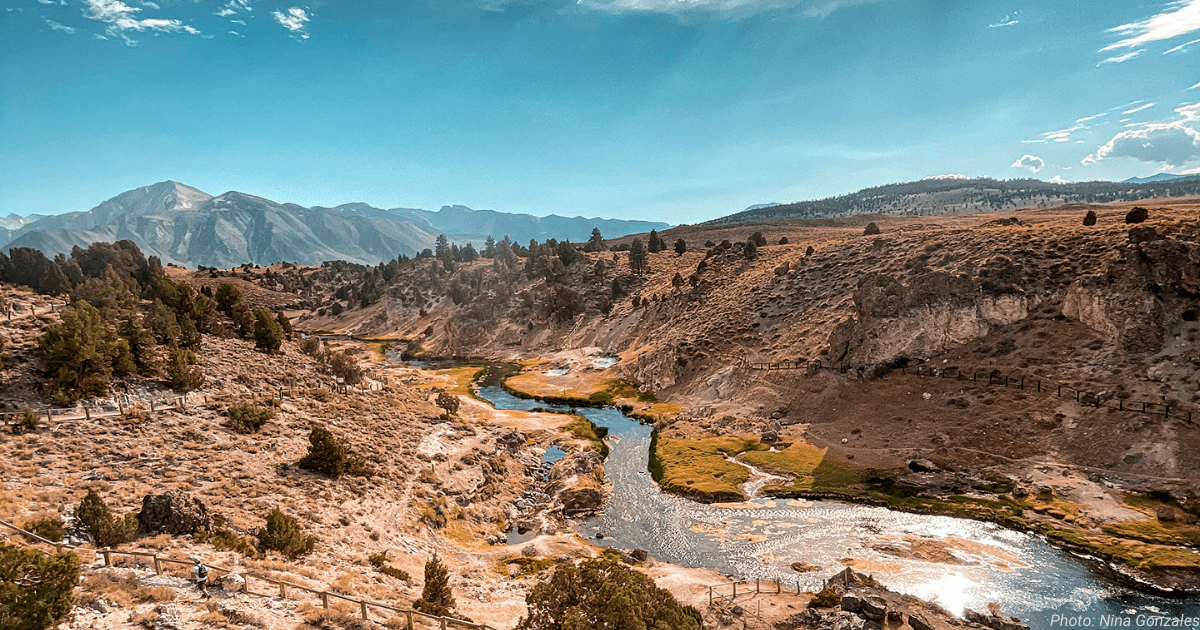Trout Clout: California’s Rivers and Fish Need Your Voice
California’s Rivers and Fish Need Your Voice
The California Natural Resources Agency is seeking public input to inform their work to protect California’s vast network of natural and working lands in the fight against climate change. This effort is part of advancing Governor Newsom’s Executive Order N-82-20, also known as 30×30.
What is 30×30?
Governor Newsom’s Executive Order called for bold strategies to accelerate action to combat climate change, protect biodiversity, expand equitable access to nature, and build resilience through nature-based solutions. The goal is to conserve 30 percent of our lands and coastal waters by 2030 and accelerate nature-based solutions to address climate change.
How you can help?
1. Register for Virtual Regional Workshops and provide input on how this impacts your community or neighborhood. Each workshop will provide an overview of nature-based solutions, information about 30×30, and provide space for attendees to provide input in breakout sessions. These workshops will ask for high-level input, however, there will not be much space to provide specifics on certain locations that should be protected. Specific feedback should be sent in the questionnaire.
Suggestions on what to say:
- Talk about your favorite rivers and streams that you would like to see protected.
- Ensure freshwater systems are not being overlooked.
- Is there a conservation or outdoor access program that is working well or could be improved in your region?
 See a list of available meetings below:
See a list of available meetings below:
San Francisco Bay Area Region:
Wednesday, April 21, 4:00-6:00 PM
Central Coast Region:
Tuesday, April 27, 4:00-6:00 PM
Sierra Nevada Region:
Wednesday, April 28, 4:00-6:00 PM
San Joaquin Valley Region:
Thursday, April 29, 4:00-6:00 PM
North Coast Region:
Tuesday, May 4, 4:00-6:00 PM
Los Angeles Region:
Wednesday, May 5, 4:00-6:00 PM
Inland Deserts Region:
Thursday, May 6, 4:00-6:00 PM
San Diego Region:
Tuesday, May 11, 4:00-6:00 PM
2. Provide specific and detailed information in a questionnaire. Complete by May 14th. Through this public input questionnaire, the California Natural Resources Agency (CNRA) is seeking to better understand opportunities and challenges for communities and partners around meeting the State’s commitment to conserve 30×30 and accelerate nature-based solutions to address climate change.






1 Comment
I cant help but feel how important this is to represent and speck out on behalf of your community, to protect are water ways and fisheries to give imput and fine support from those that see their own resources and fisheries facing new environmental issues of drought and a ever growing human population with its demand.